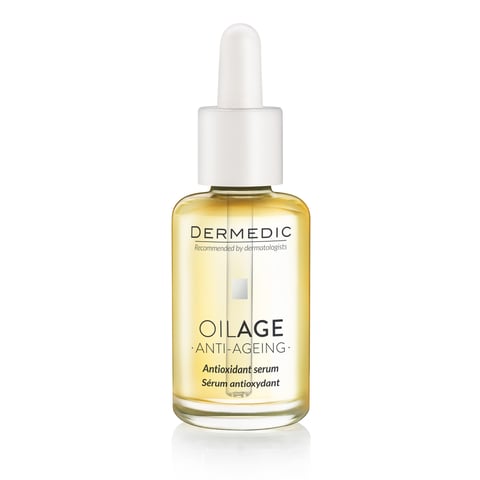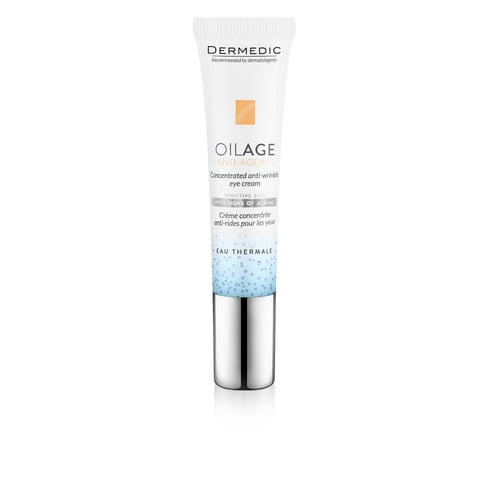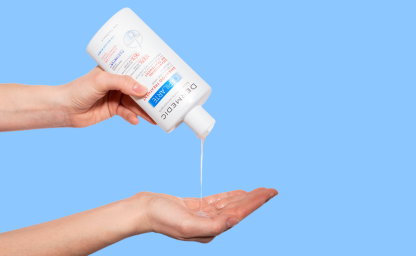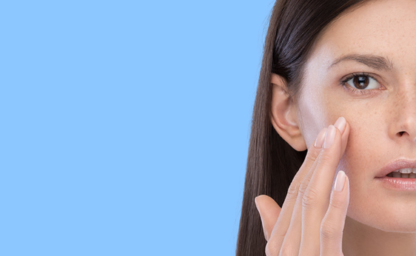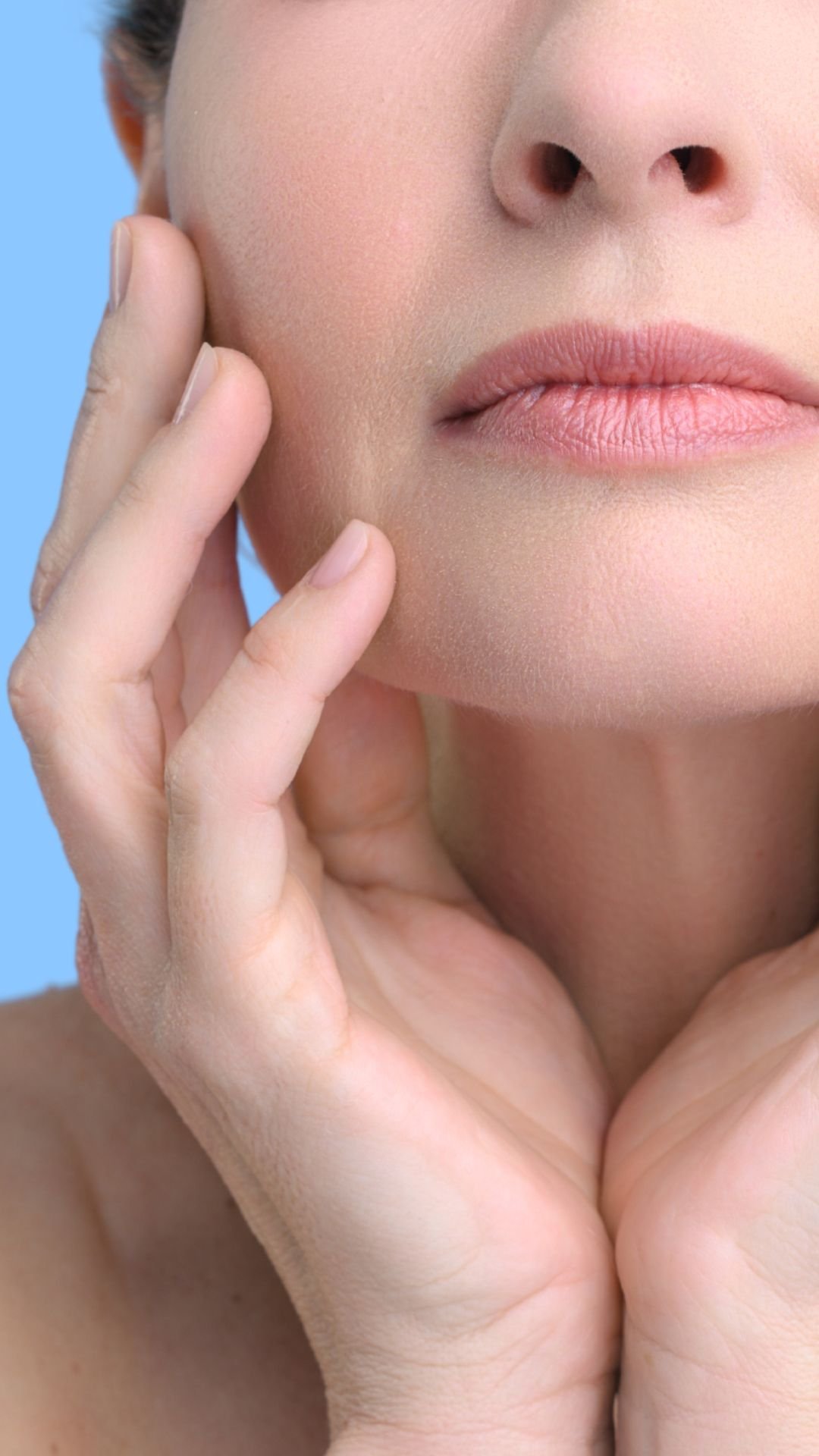The skin is the largest human organ. It is continually affected by a number of endogenous and exogenous factors that accumulate over the years and have an impact on changes in its structure.
In women, skin ageing processes accelerate significantly during the menopause.
In particular, there is a reduction in estrogen concentrations during this period. Receptors for these hormones are present on most of the cells responsible for maintaining skin homeostasis. These reduced hormone concentrations are the direct result of mainly metabolic changes resulting in reduced production of collagen, epidermal lipids and hydrophilic glycosaminoglycans.
In addition, the vascular system of the skin undergoes significant changes - on the one hand, the rate of flow through the capillaries decreases, which contributes to atrophic changes, and on the other hand, the vascular bed may be over-reactive, resulting in hot flashes.
The end result of all these disorders is the loss of firmness, atrophy of fatty compartments, formation of wrinkles, increased dryness and sensitivity of the skin to extrinsic factors.
How to care for your skin during the menopause?
Skin care during the menopause should be aimed at counteracting all the abnormalities mentioned above.
In the first instance, it is important to remember to cleanse the gently with preparations that have a pH close to that of the skin and do not contain surfactants or irritants. Strengthening the epidermal barrier by rebuilding the hydrolipid mantle plays an important role. Preparations of natural origin, such as plant oils, deserve special attention. Many of these substances contain phytoestrogens, which can counteract human oestrogen deficiency to some extent. It is worthwhile to additionally reach for substances that support the proper functioning of the vascular bed, such as hesperidin, as well as antioxidants.
Comprehensive skin support with cosmetics should include a day cream and a night cream, allowing care to be targeted at different aspects of ageing. It may also be worth considering to include products with higher concentrations of active ingredients designed for the areas most prone to peri-menopausal changes, i.e. eye serum and cream. As a final essential element of skin care, sunscreen should of course be mentioned, providing the widest possible range of sun protection, including against UV, infrared and visible radiation.
.png?width=1280&height=996&name=PROVEN%20EFFICACY%20(5).png)
.png?width=832&height=996&name=blog%20foto%20ma%C5%82e%20(9).png)
Lifestyle
Changes in the skin's texture that occur during the menopause can be exacerbated by an inappropriate lifestyle.
A diet poor in essential macro- and micro-nutrients, smoking and excessive alcohol consumption exacerbate metabolic disorders of the skin and accelerate the ageing process. In addition to proper skin care, it is therefore important to remember of balanced nutrition and regular exercise, as well as limiting exposure to harmful substances.
Medical interventions
There are specific indications for hormone replacement therapy in menopausal women, such as increased vasomotor disorders.
Although hormone replacement therapy also improves skin quality to some extent, this aspect should not determine its implementation. In contrast, the vast majority of cases can be treated with aesthetic medicine, such as tissue stimulators or lasers. Their skilful combination ensures improved moisturisation, firmness and skin tone.
.png?width=1280&height=996&name=PROVEN%20EFFICACY%20(4).png)
.png?width=832&height=996&name=blog%20foto%20ma%C5%82e%20(8).png)

.png?width=2000&height=607&name=Projekt%20bez%20nazwy%20(8).png)

